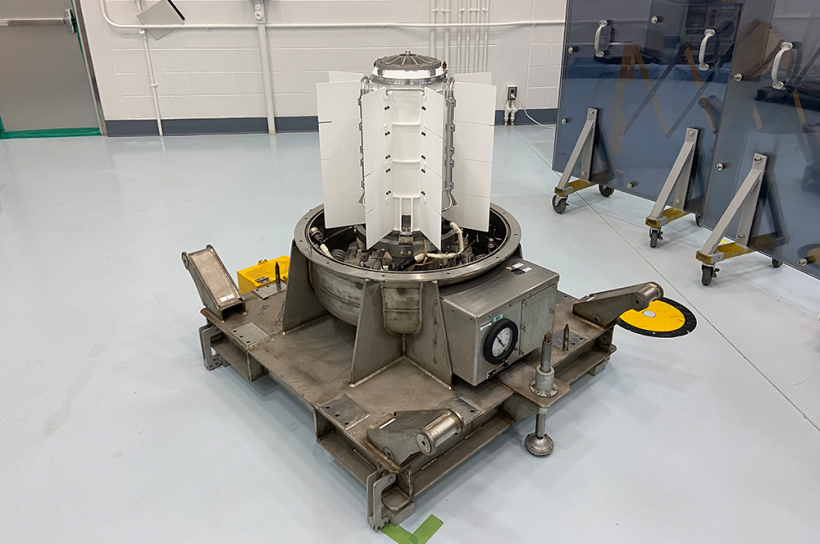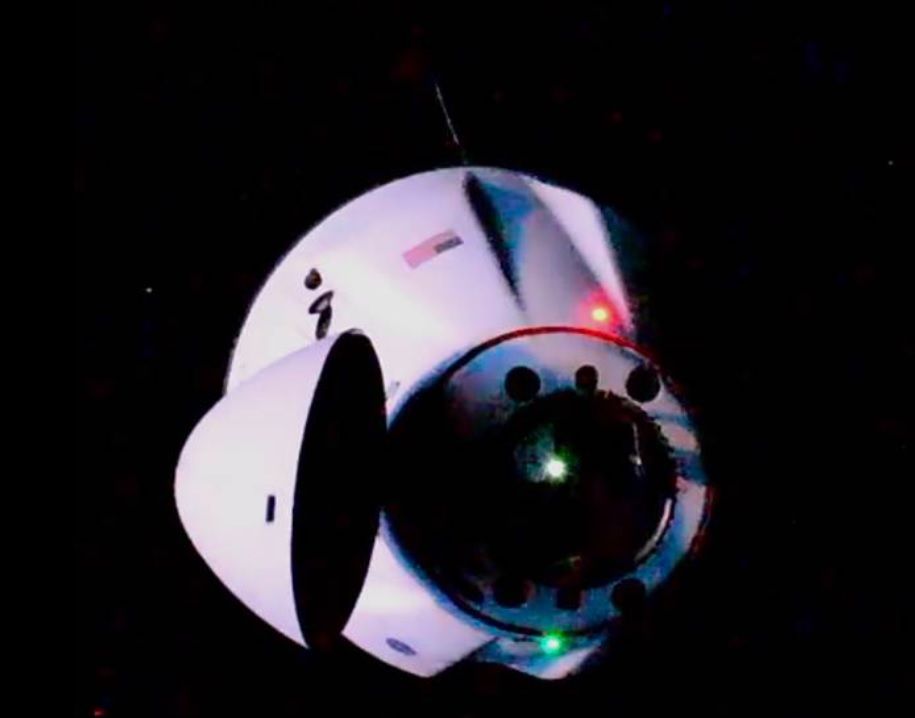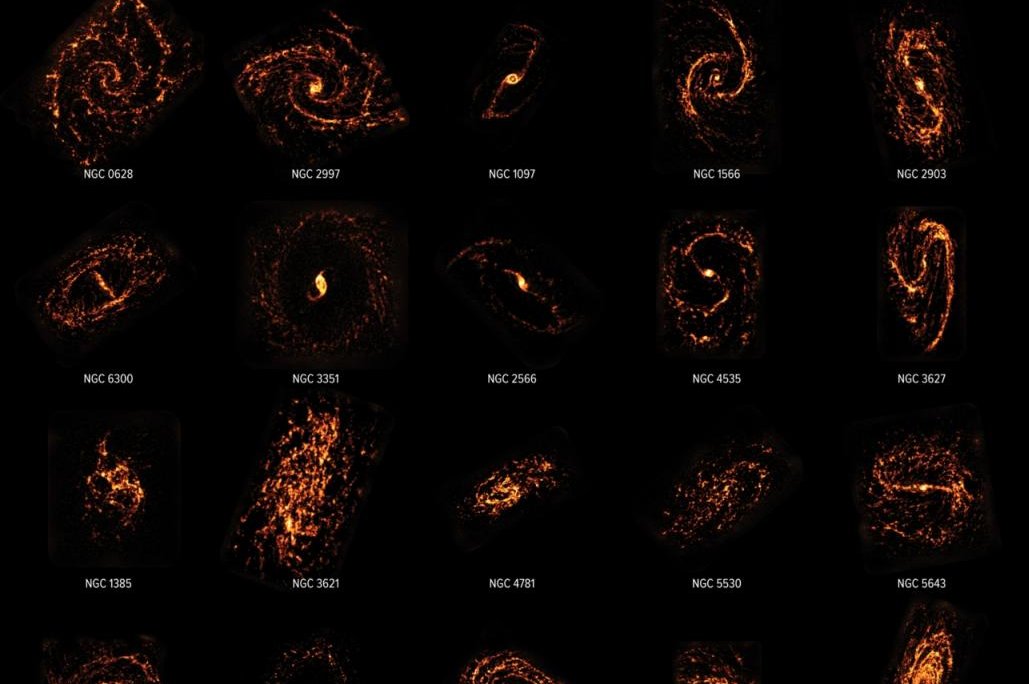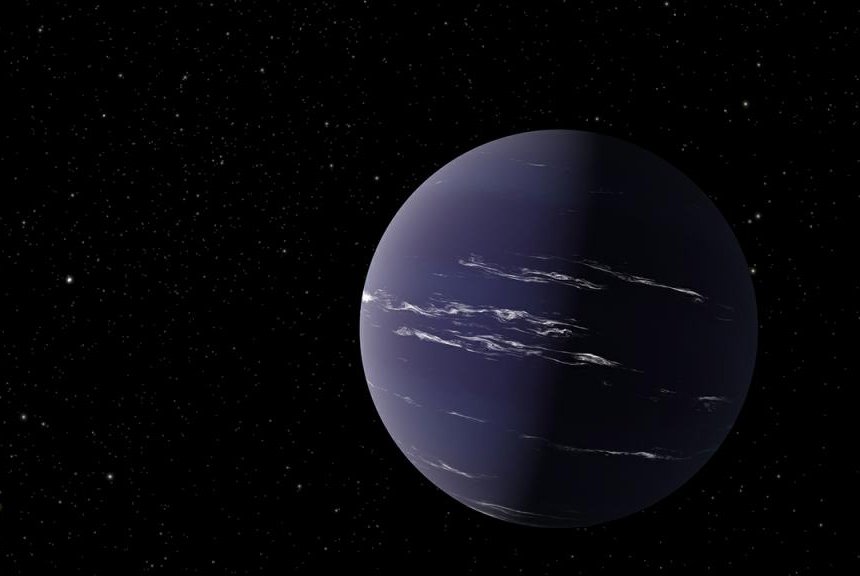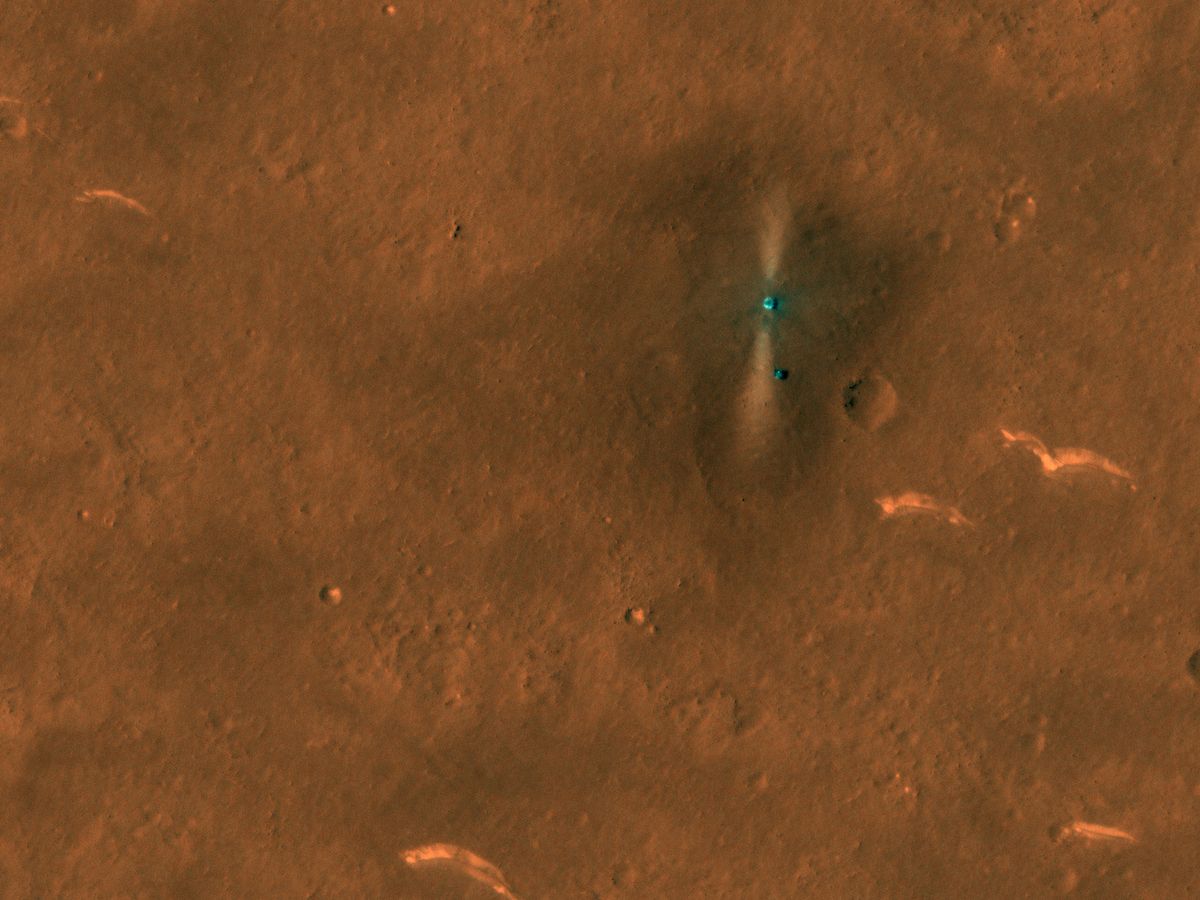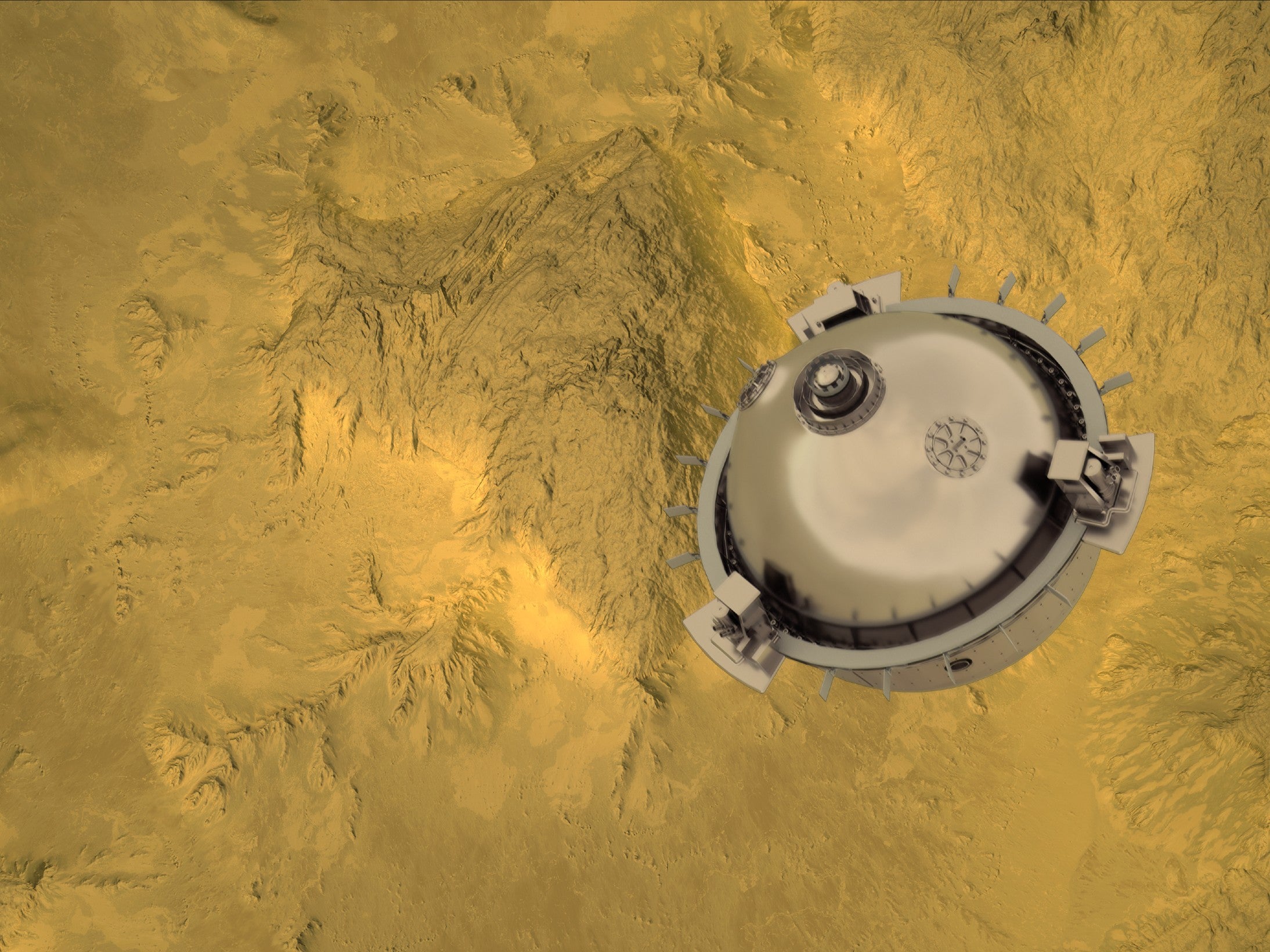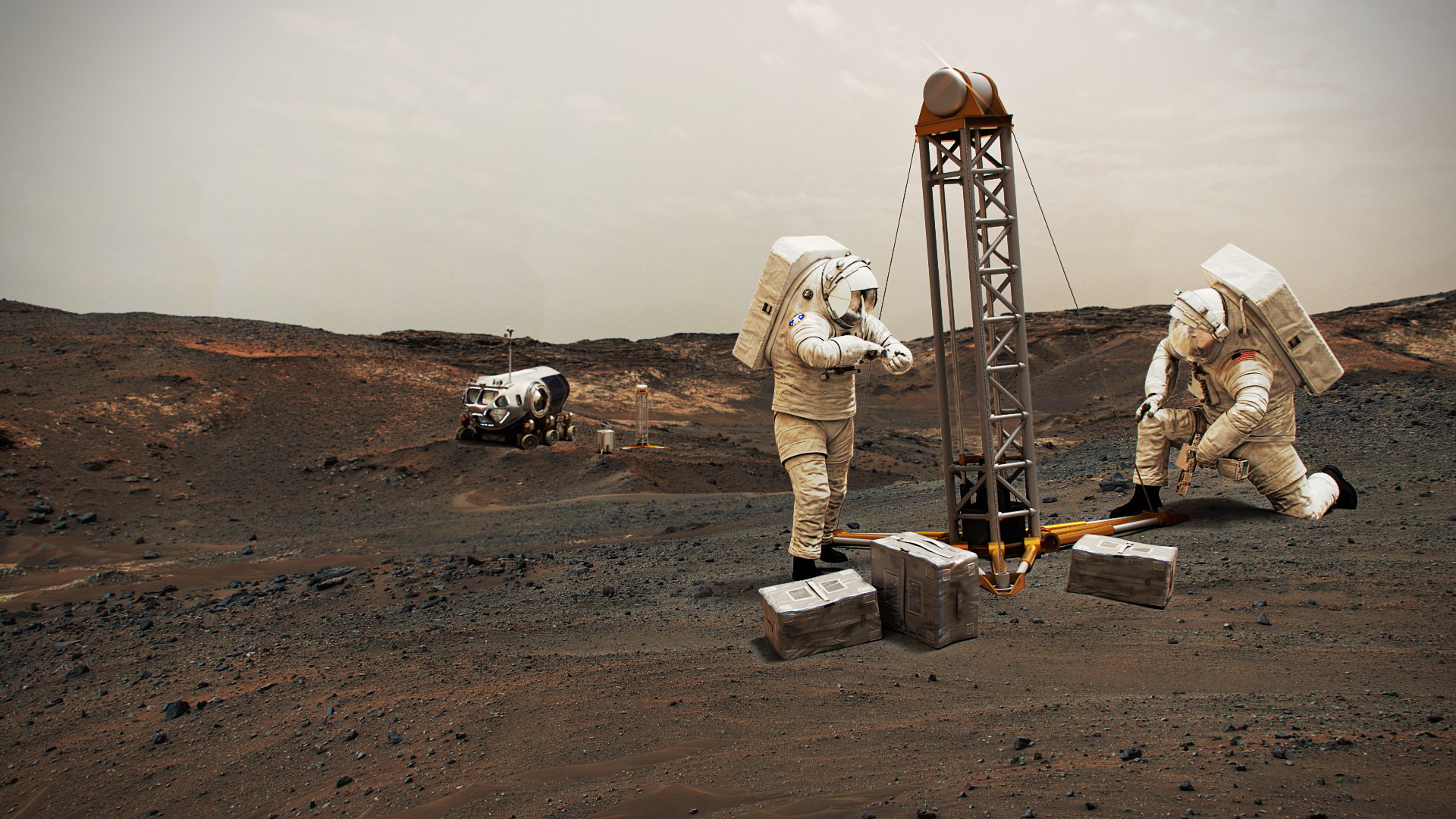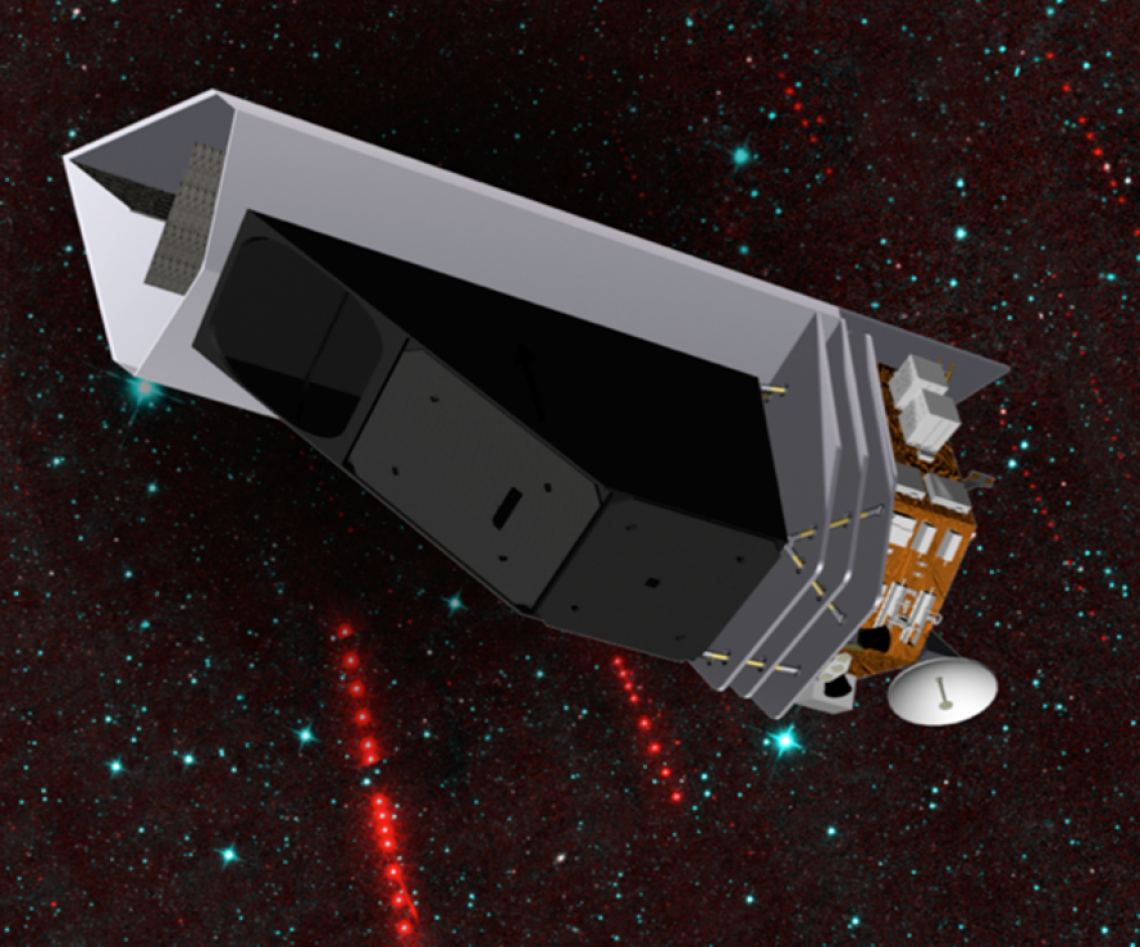Lol, no you weren't. YOU included the word "risk" and quoted a title "Alien contact could end life on Earth. He quoted someone saying pretty much what you said and how you said it. OK, we can agree that's not up to the level of even the average science fiction writer. But should it be? Who is it written for?
Since you are a "scientist," I'm sure you paid attention to who wrote that article? A guy from the checkout counter staple, "The Sun" (your source for political and scientific expertise?

) quoting an article from "The Wash Post" and reprinted in the NY Post.
That's an article written for conspiracy theorists and soap opera watchers, not even your "average science fiction" writer's audience. How much depth were you expecting? You're really being a butter-cup here.






